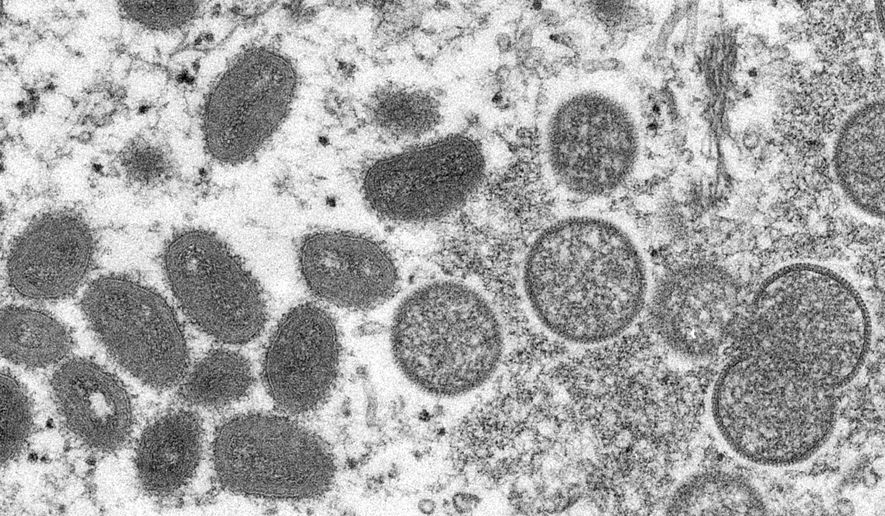Detecting monkeypox in wastewater is another tool being adopted by public health officials across the U.S. to monitor the virus’s spread.
It’s a technique that was used by the Sewer Coronavirus Alert Network (SCAN) during the thrust of the COVID-19 pandemic, and researchers are now repurposing that knowledge to track monkeypox’s presence in a given community, according to Kaiser Health News (KHN).
In June, SCAN found the genetic material of monkeypox — as opposed to the live virus — in San Francisco’s wastewater. Further investigation of northern California sewersheds discovered the virus’ genetic material in Palo Alto, San Jose, Gilroy and Sacramento.
“It acts as a warning system, and you don’t have to persuade people to take individual tests in order to use the information; it’s collected passively, so you get a more broad community look,” Brad Pollock, who chairs public health sciences at University of California Davis Health, told KHN.
Grants from the CDC Foundation and the National Science Foundation have helped grow SCAN’s monkeypox surveillance to multiple states, including Michigan, Georgia, Colorado, Kentucky, Idaho, Florida and Texas.
Researchers plan to expand wastewater surveillance to 300 U.S. cities.
The virus was declared a public health emergency by the Biden administration last week as cases have exceeded 7,500 nationwide. California, New York and Illinois had previously issued states of emergency over monkeypox’s spread.
The World Health Organization said last month that 98% of cases have been concentrated in men who have sex with men.
• Matt Delaney can be reached at mdelaney@washingtontimes.com.




Please read our comment policy before commenting.